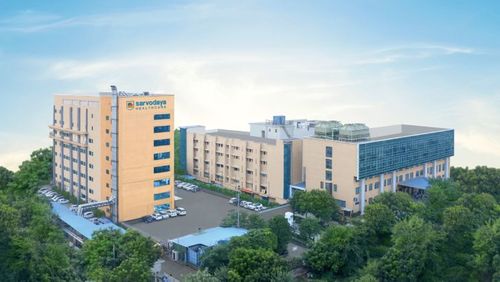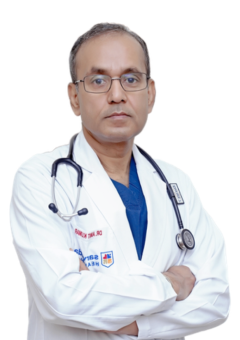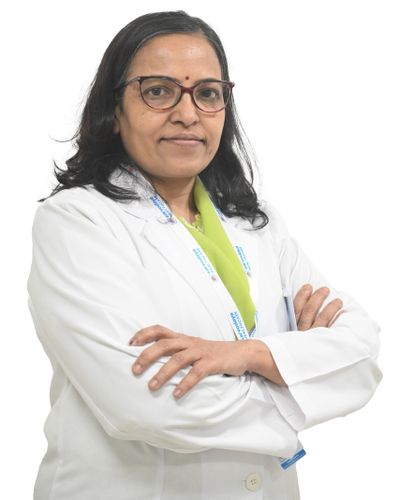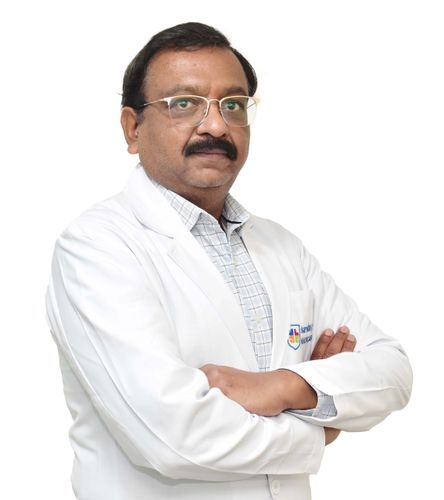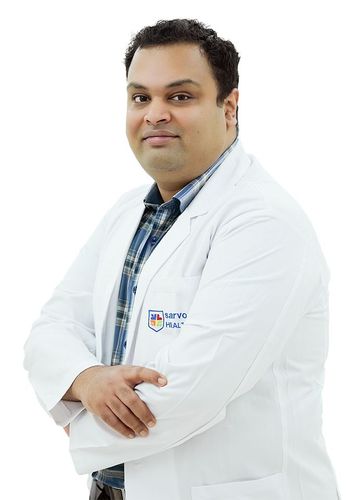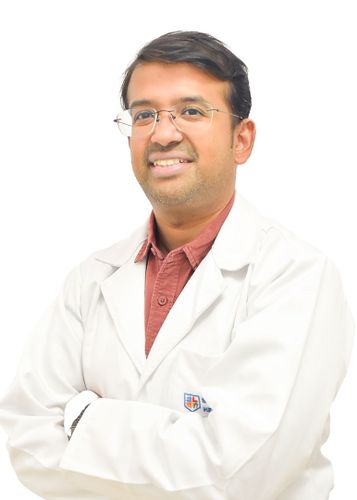Overview
At Sarvodaya Hospital, we offer minimally invasive cardiac surgery in Faridabad, Delhi NCR, for complex heart conditions of children and adults using small incisions instead of major chest openings.
Our expert cardiac surgeons use advanced techniques and robotic assistance for minimally invasive surgery through rib spaces, avoiding breastbone cuts. This approach ensures faster recovery, less pain, minimal scarring, and shorter hospital stays compared to traditional surgery.
We perform MICS mitral valve replacement, aortic valve replacement, double valve replacement, minimally invasive direct coronary bypass, and ASD closure with precision and compassionate care, helping patients return to active life quickly.
Why is minimally invasive cardiac surgery required?
We recommend minimally invasive cardiac surgery for heart valve repair or replacement, coronary bypass, or correction of congenital heart defects without the trauma of open chest surgery. It benefits patients with mitral or aortic valve disease, atrial septal defects, or selected coronary blockages who meet anatomical criteria.
This approach is ideal for younger patients concerned about scarring, those at higher surgical risk, or individuals seeking quicker recovery. Your cardiac surgeon will assess your condition and anatomy to ensure safe, effective outcomes.
Procedure of minimally invasive cardiac surgery
For robot-assisted surgeries, we use a smart surgical robot to perform the surgery (operated by the surgeon), which causes minimal cuts, less blood loss, less trauma to the patient, and enhances recovery.
For bypass surgery, we begin with a comprehensive evaluation, including echocardiogram, cardiac catheterisation, and CT scanning to plan the optimal surgical approach.
On surgery day, you receive general anaesthesia and careful positioning for the specific procedure. Instead of opening the entire chest, the surgeon makes small incisions between the ribs, typically 2-4 inches long.
For minimally invasive cardiac bypass surgery, we harvest vessels and create bypasses through these small openings. Valve procedures use similar approaches to repair or replace damaged valves.
The heart may be stopped temporarily with cardiopulmonary bypass support, or in some cases, procedures are performed on the beating heart.
Read More- Bypass Surgery: When It’s Needed, How to Prepare, and What to Expect
Technology and Infrastructure
At Sarvodaya Hospital, our cardiac surgical suites are equipped with advanced minimally invasive technology, including high-definition endoscopes, specialised long instruments, and a smart surgical robot, an advanced CATH Lab and more.
Real-time imaging ensures accuracy, while our perfusion team manages bypass with miniaturised circuits when necessary. Post-operative care features a dedicated cardiac ICU, advanced pain management, and early mobilisation programmes.
As a leading invasive heart hospital in Faridabad, we uphold strict infection control and provide comprehensive support for complex procedures.
Benefits of Minimally Invasive Cardiac Surgery in India
Choosing minimally invasive cardiac surgery at our advanced cardiac centre in India offers safer, quicker recovery and improved long-term outcomes compared to traditional open-heart surgery. This innovative approach prioritises faster healing, reduced pain, and better quality of life.
- Less Post-operative Pain: Small incisions and preserved breastbone significantly reduce pain and discomfort after surgery.
- Faster Recovery: Most patients return to normal activities within 2–4 weeks, compared to 6–12 weeks for conventional surgery.
- Shorter Hospital Stay: Average hospitalisation is just 3–5 days, compared to 7–10 days for open-heart surgery.
- Reduced Blood Loss: Lower risk of transfusions and related complications due to minimal surgical trauma.
- Lower Infection Risk: Smaller incisions and shorter exposure times decrease the chances of surgical site infections.
- Better Cosmetic Results: Minimal scarring with small, less visible incisions instead of a long chest scar.
Post-Minimally Invasive Heart Bypass Lifestyle Modifications
After minimally invasive heart bypass surgery at Sarvodaya Hospital, adopting mindful lifestyle practices ensures faster recovery and long-term heart health.
- Incision Care and Hygiene: Keep small incisions clean and dry, and monitor for redness, swelling, or drainage. You can usually shower within a few days, unlike traditional surgery, which requires longer wait times.
- Physical Activity and Exercise: Begin gentle walking immediately after surgery and gradually increase activity over 2–4 weeks. Cardiac rehabilitation programmes help restore stamina and heart function faster.
- Balanced Nutrition: Follow a heart-healthy balance diet rich in vegetables, whole grains, lean proteins, and healthy fats. Adequate protein supports tissue repair and recovery.
- Medication Adherence: Take all prescribed medicines, including blood thinners and heart medications, exactly as directed to prevent complications and ensure optimal healing.
- Return to Work and Routine: Most patients resume desk work within 1–2 weeks and return to physical activities within a month, thanks to faster recovery compared to open surgery.


